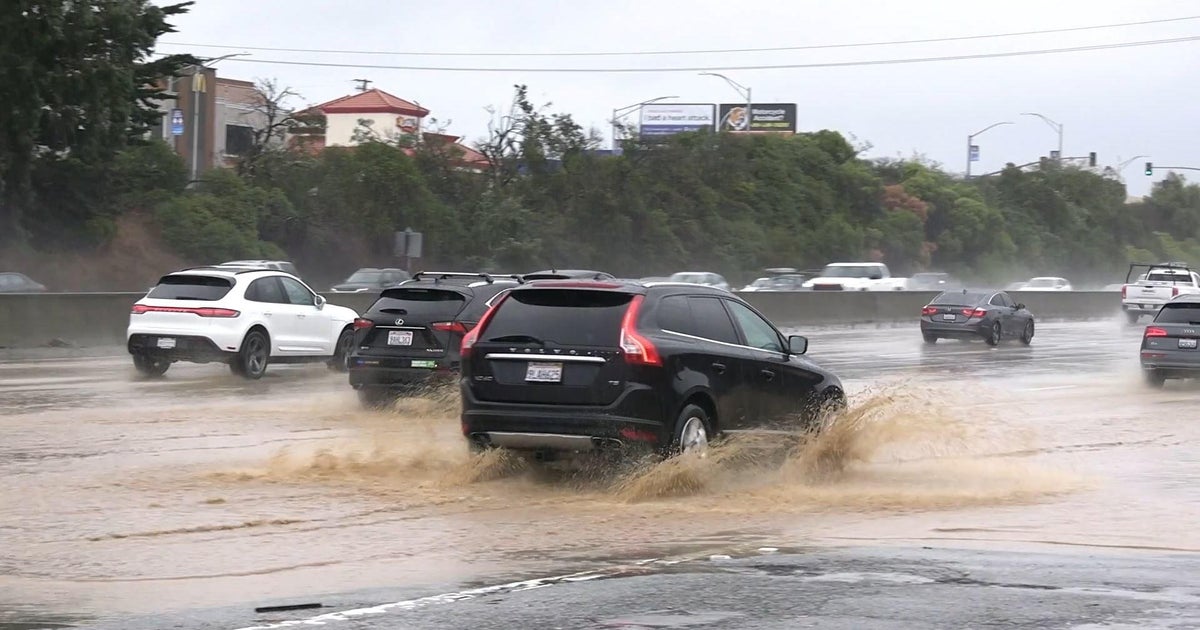Pres. Obama's Executive Order On Immigration Will Impact Bay Area's Diverse Population
SAN FRANCISCO (KCBS) — President Barack Obama announced he would sign an executive order on Friday in Las Vegas that will shield about 5 million undocumented immigrants from deportation. One out of four affected by the executive order are estimated to live in California.
Bill Hing, an immigration law professor from the University of San Francisco, told KCBS that despite the president's efforts, there are many people who have been living for long time who won't be covered.
VIDEO: Watch The President's Speech
"DREAMers—who were granted permission to live here two years ago—to live and work here—their parents will continue to be deported, very likely," Hing said.
Parents of U.S. citizens will be covered, however.
Meanwhile, there are many immigrants in the Bay Area, which has a diverse immigrant population, who will be affected. It's estimated that 12 percent of the immigrants covered under the presidential order are from Asia and that large amounts of people from Central America as well.
"The guestimate is that about a quarter are in California, and of those—probably a third—are in the Bay Area," Hing said.
Listen To Entire Interview:
Pres. Obama's Executive Order On Immigration Will Impact Bay Area's Diverse Population
While there are large numbers of immigrants that are low-wage earners that will be covered, Hing said that there is also of large number of higher paid immigrants, who have overstayed their H-1B visas in Silicon Valley, that would be included.
President Obama is expected to argue that easing the immigration status will be good for the economy in long run. Hing said most economist would agree.
"Every economist who looks at the impact of immigrants agrees that immigrants put more into the economy than they take out—especially in terms of taxes, " Hing said. "Once they are able to come out of the shadows and get paid fair wages, that will boost the wages levels of others as well and…that's been proven in places like Miami and Los Angeles and Chicago—and so there is no reason to believe that will not also be true in other parts of the country," he said.
It is possible, however, that those immigrants being protected now under the executive order could face deportation later as a new executive order could change based on the enforcement priorities of the next person in office.
"I think the likelihood is small that that's going to occur but it is possible," Hing said.
Related Content:



